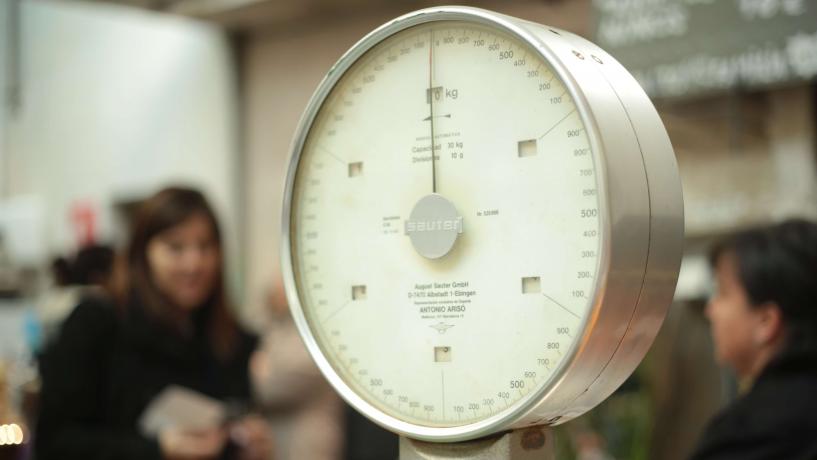
Food safety and quality assurance cannot be ignored by supermarkets, with stronger regulatory requirements, increasing product recalls, extended supply chain complexity, and more and more food poisoning illnesses creating a minefield of problems that could trigger a public relations disaster.
In each supermarket chain store, the Food Safety Supervisor should develop a Food Safety Program as part of its store’s business plan to guard quality assurance and protect the supermarket’s reputation.
Use-by and best before dates
Incorrect use-by dates in supermarkets, in particular, create a large portion of customer complaints, and can even result in litigation. In Australia, it is illegal to sell a food after its ‘use-by’ date. This is because, after this date, the food may be unsafe to eat even if it looks okay due to growing bacteria or unstable nutrients in the food.
Conversely, best before dates indicate that the product will lose some of its quality after the date on the label passes, but the food will be safe to eat as long as it is stored correctly. Supermarkets can legally sell foods after a best before the date if the food has not been damaged, tampered with, deteriorated or perished due to mishandling of food safety.
Temperature Control and the FIFO system
Many foods that line supermarket shelves – from fresh, ready to eat, semi-processed or processed foods – are liable to problems with quality and food safety if improperly stored.
These foods are temperature dependent and should be held in conditions that will maintain the integrity and safety of the product. For example:
- Frozen foods should be stored at minus 15C and not be allowed to thaw
- Refrigerated cold foods, such as dairy products, juices, fresh and processed meats, cheeses, fruits and vegetables, need to be stored at 5C or lower
- Bread and cereal should be sold on a first in, first out (FIFO) basis to maintain quality standards, and reduce the risk of staleness, mould or contamination from insects
- Hot foods must be stored at 60C or above
Delicatessen
According to a harrowing study by the University of Adelaide, 77 per cent of supermarket deli meats fail hygienic food tests.
If you work in a delicatessen, make sure that:
- When you pack raw meat and chicken for a customer, seal them in separate bags from other foods to prevent cross-contamination. Raw meat juices can spread pathogens to other foods, which can sicken customers
- All staff regularly wash their hands thoroughly
- Raw meat and poultry is refrigerated at below 5C
- Customers are reminded to store meats in a chilled bag if their drive home is longer than half an hour




